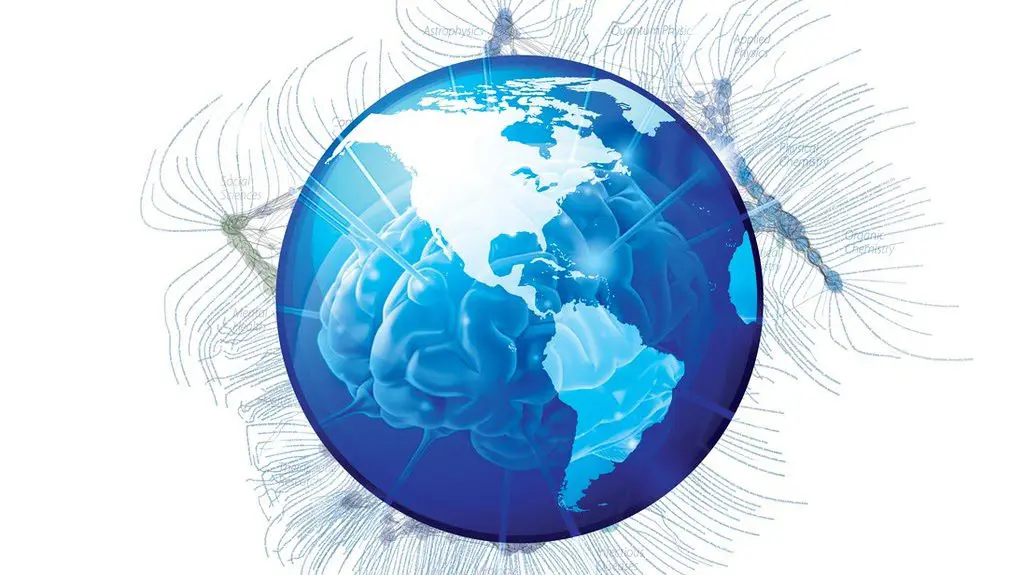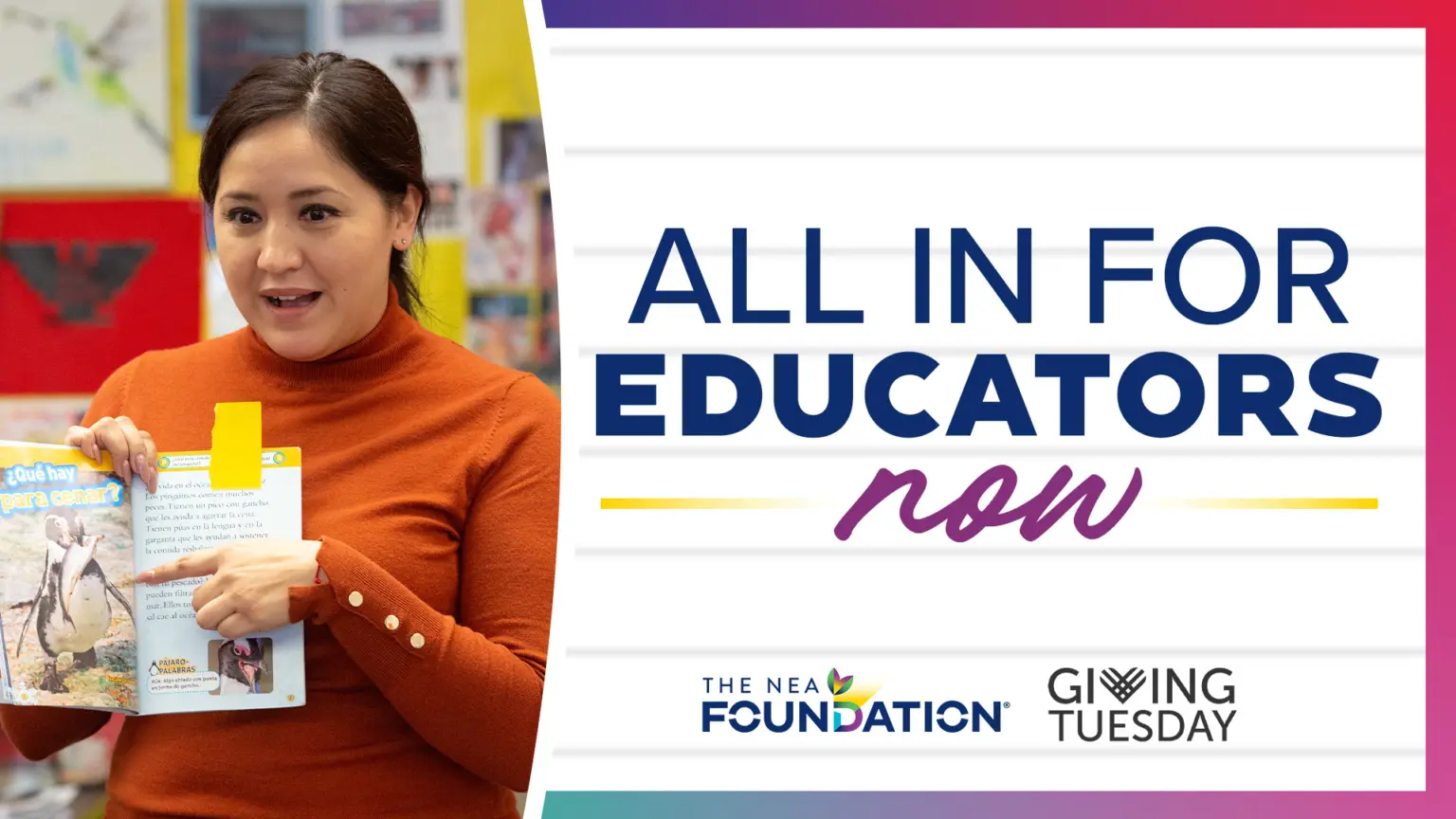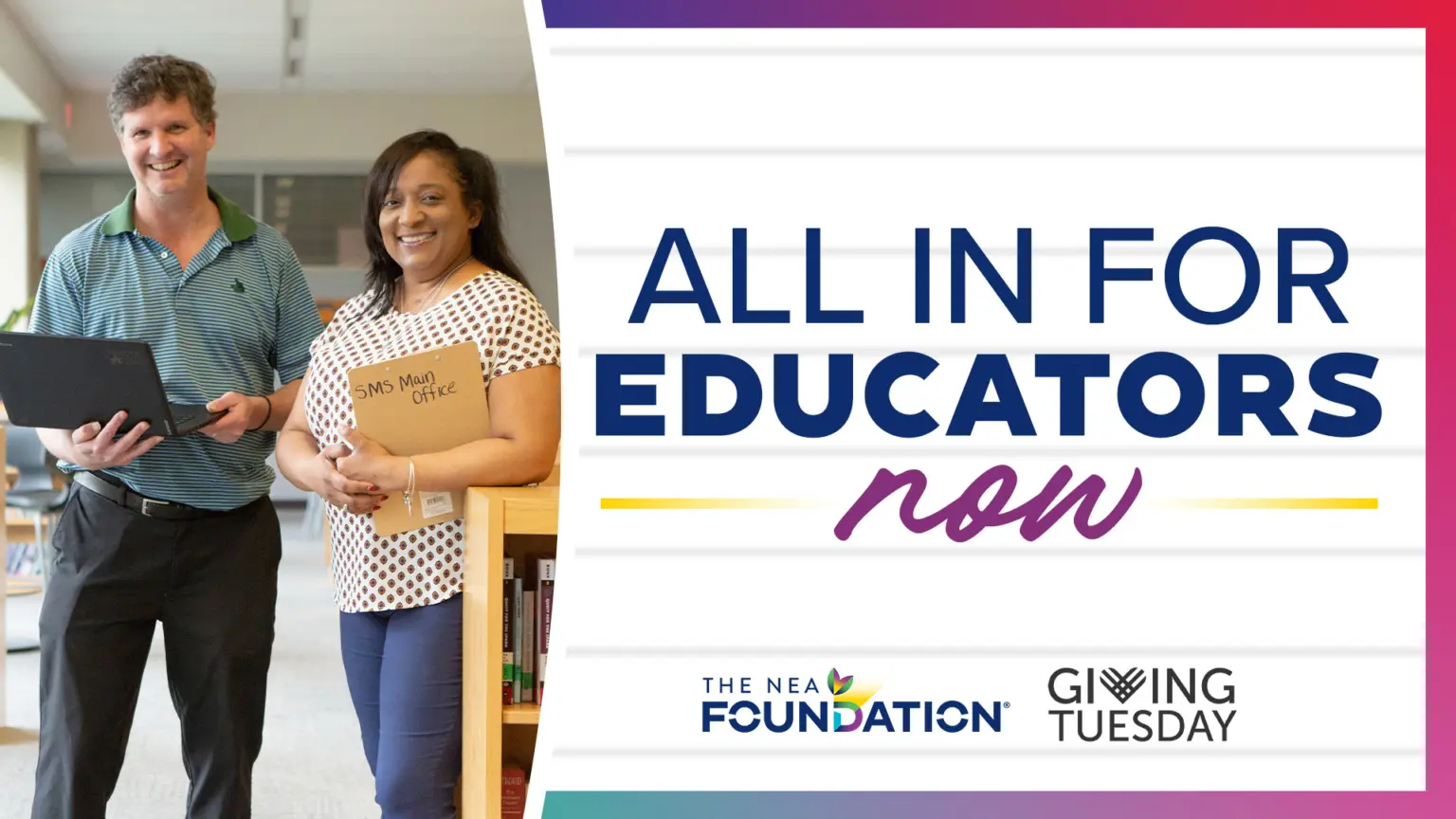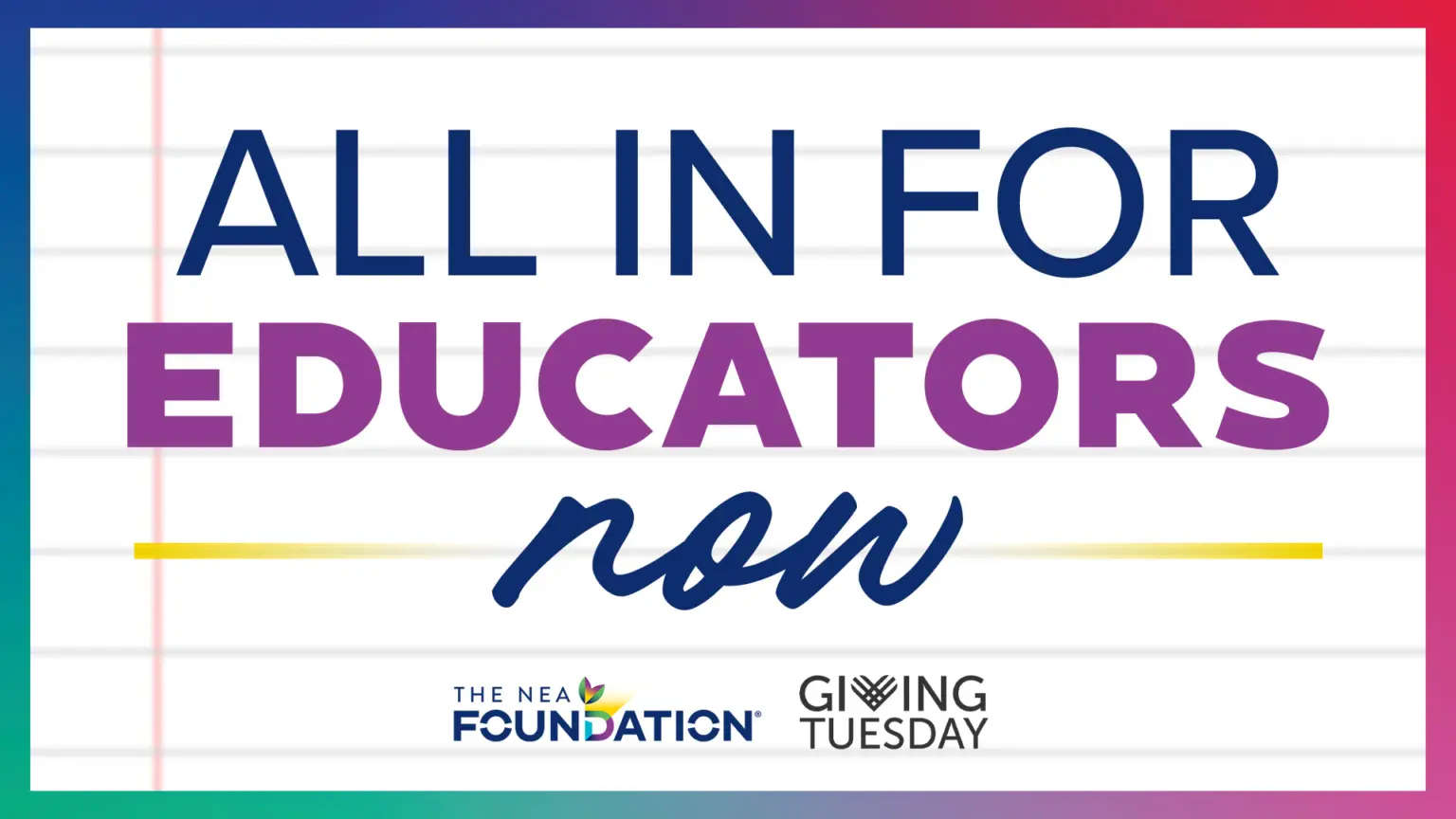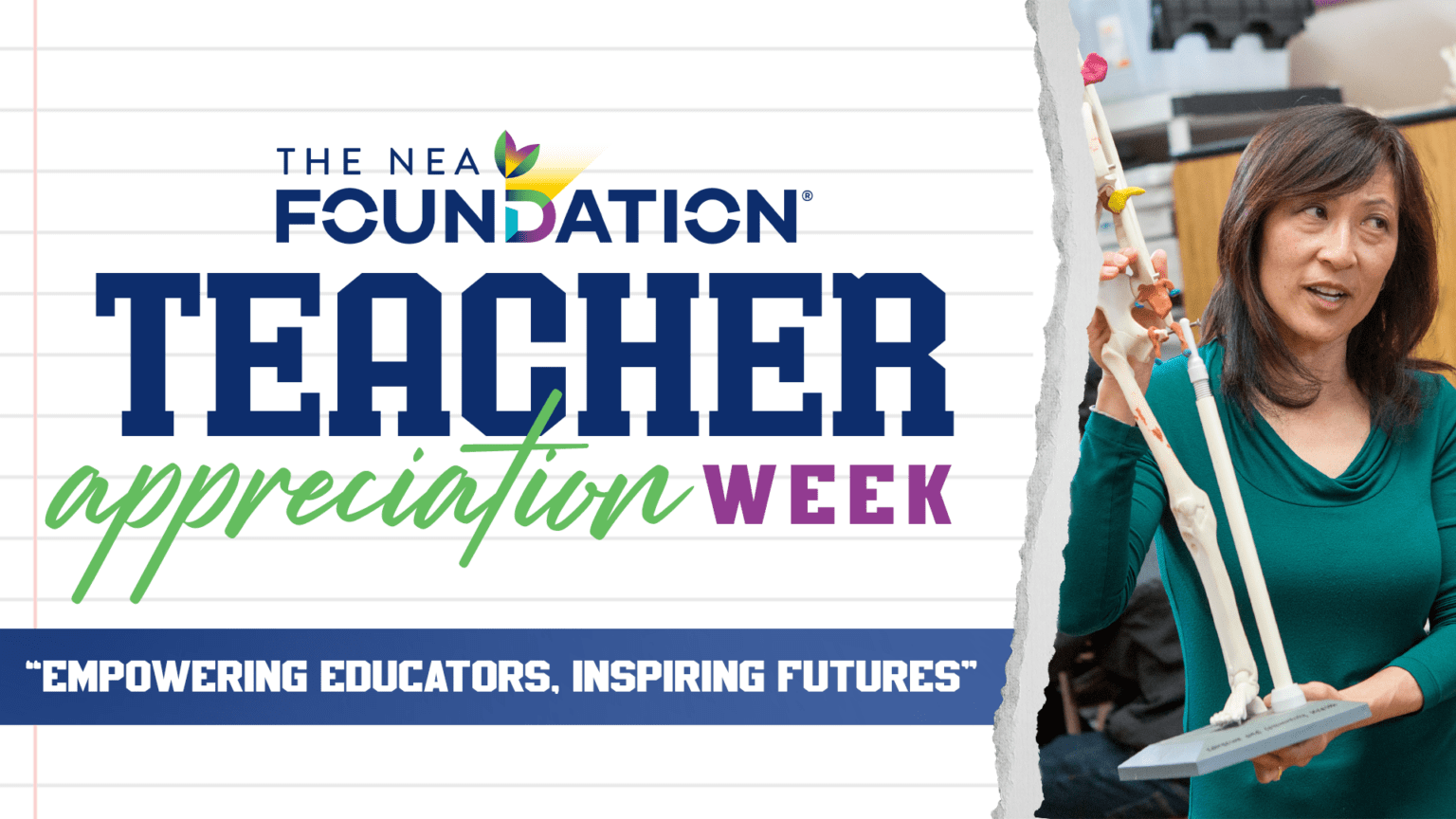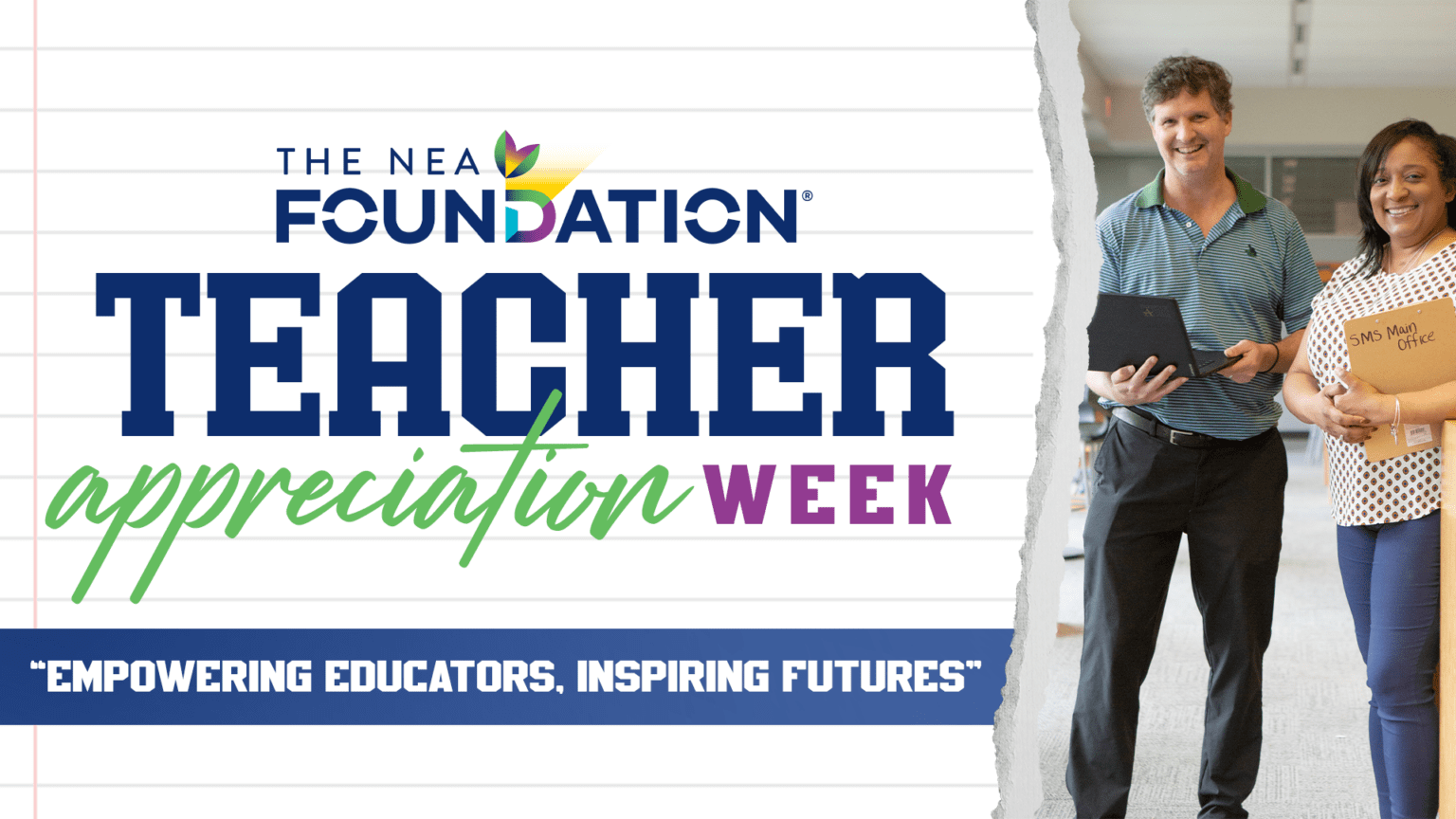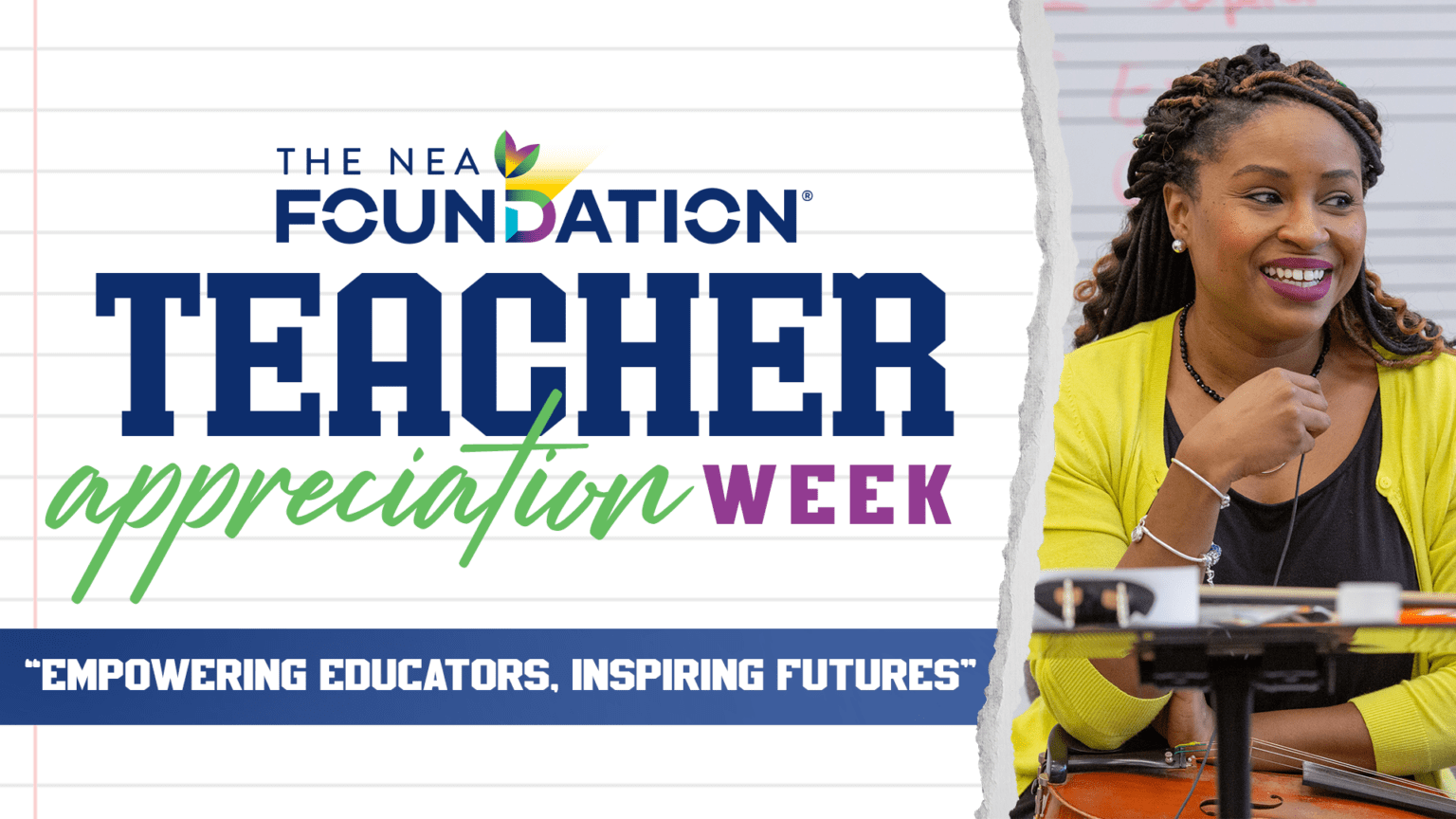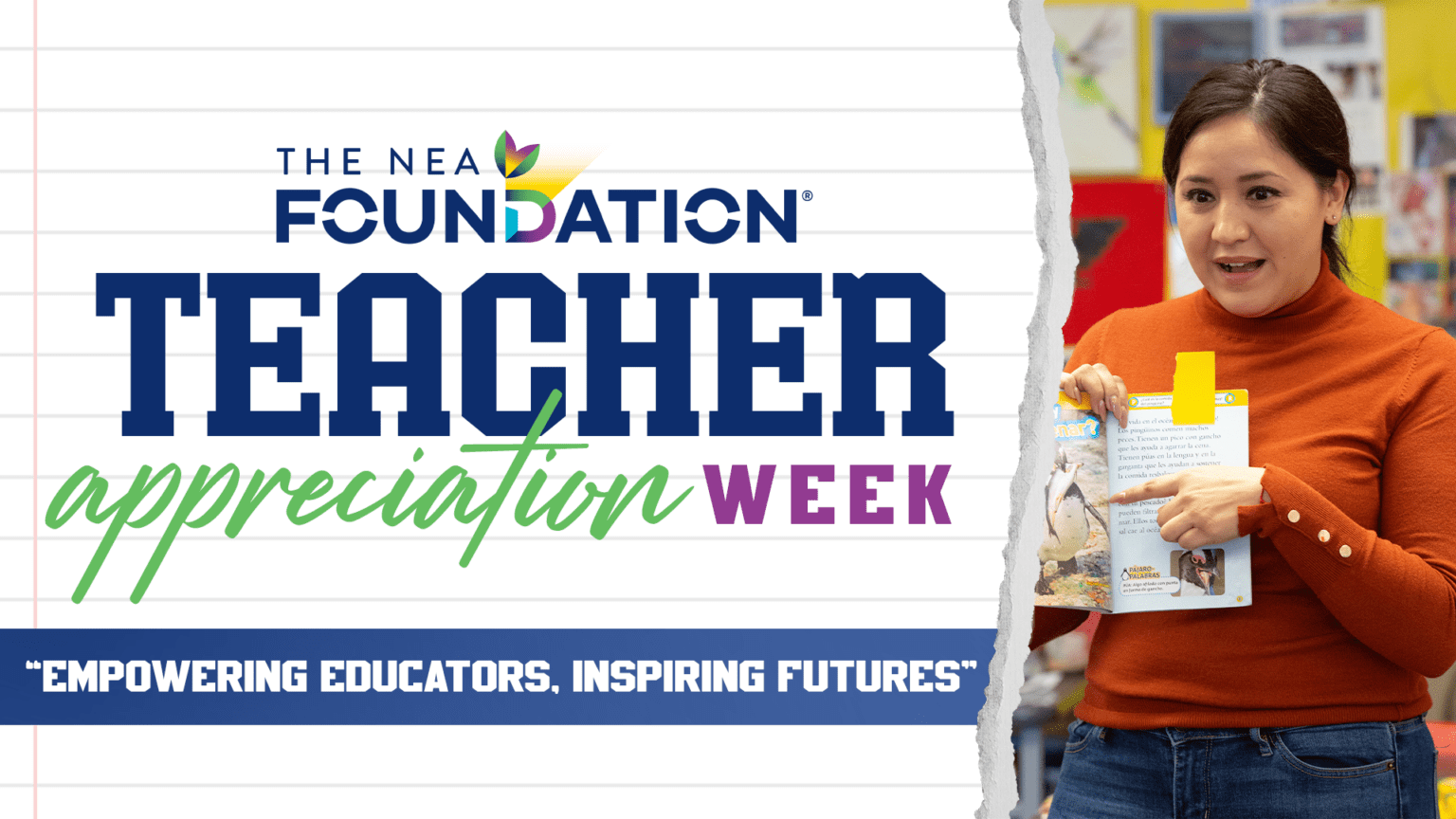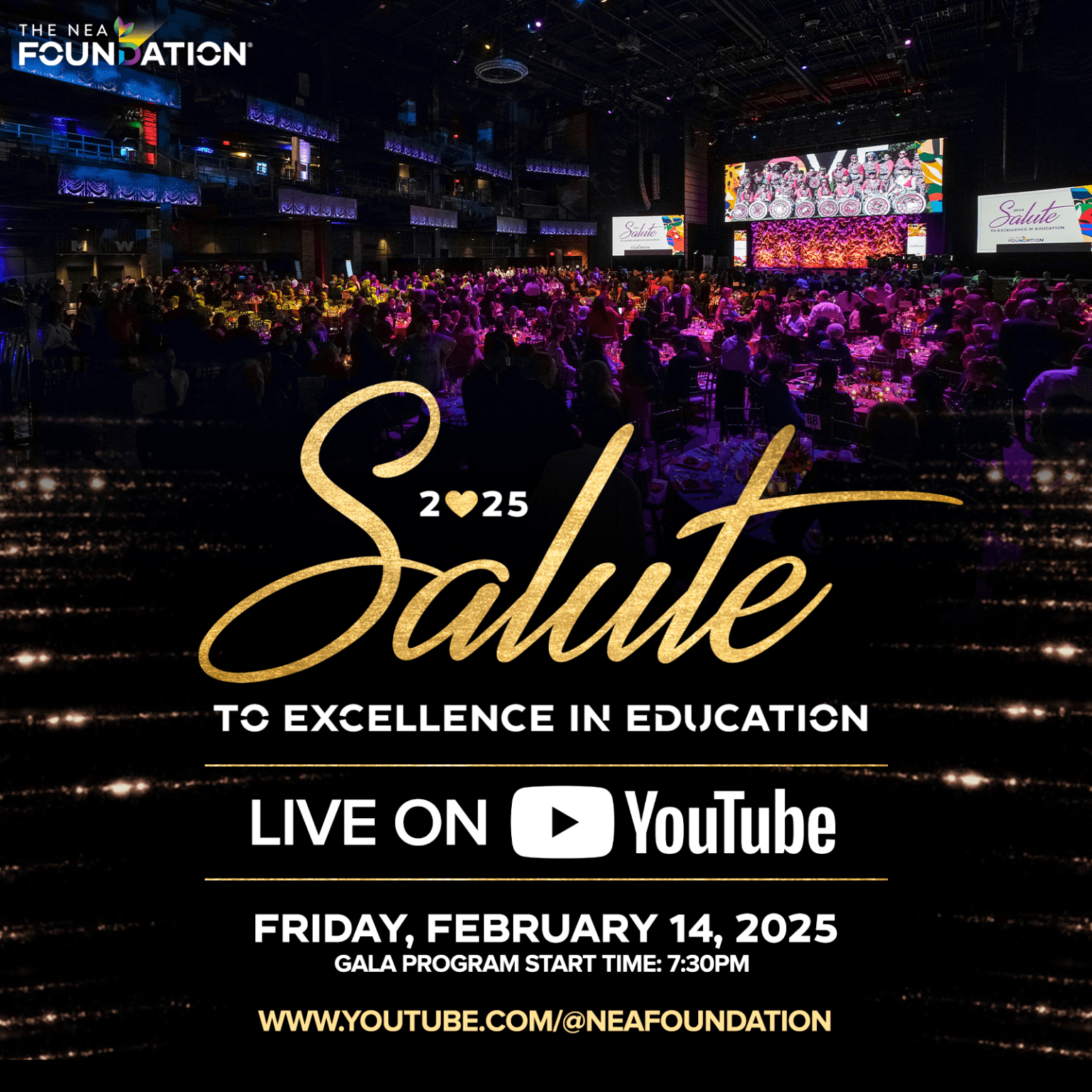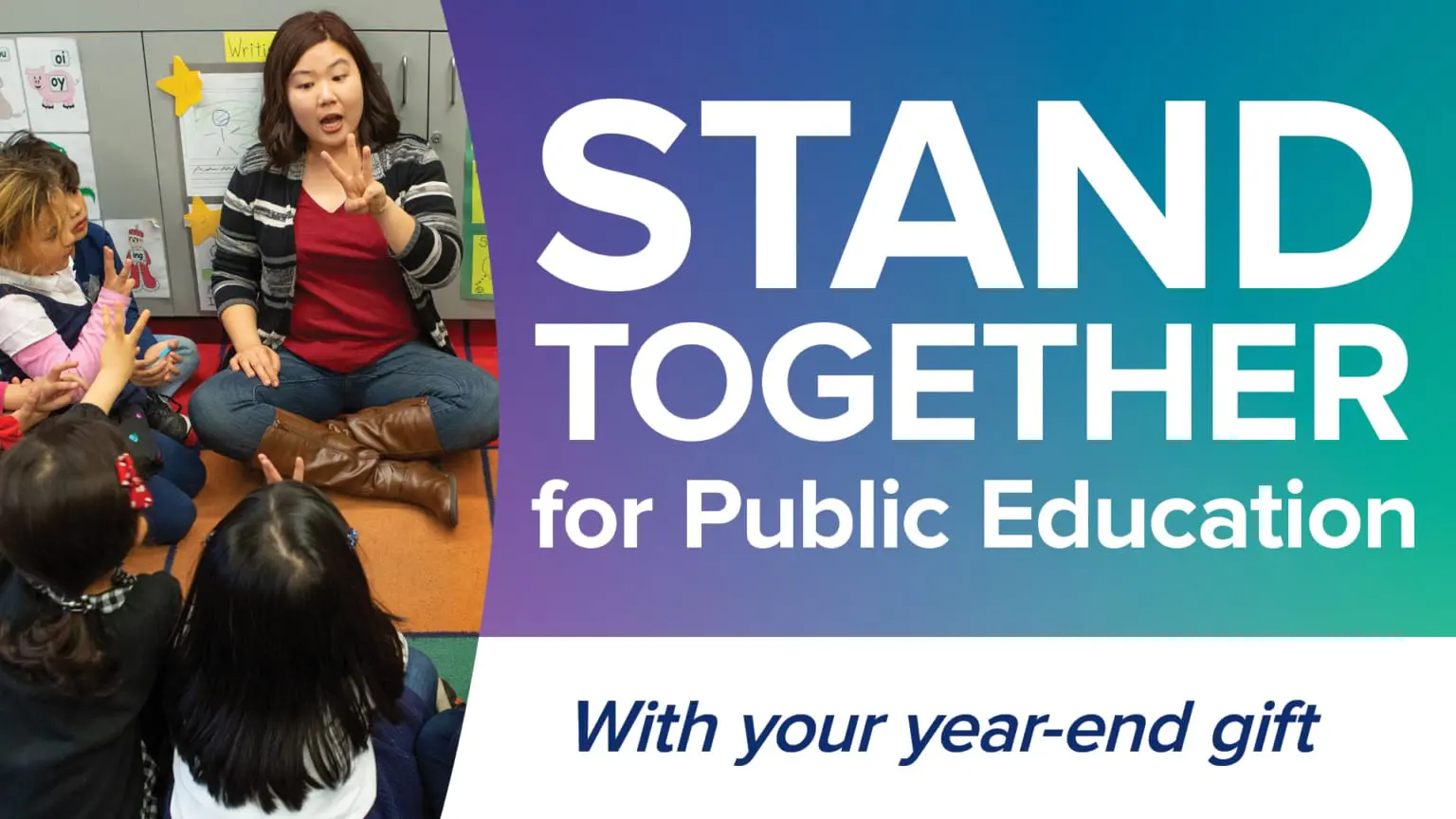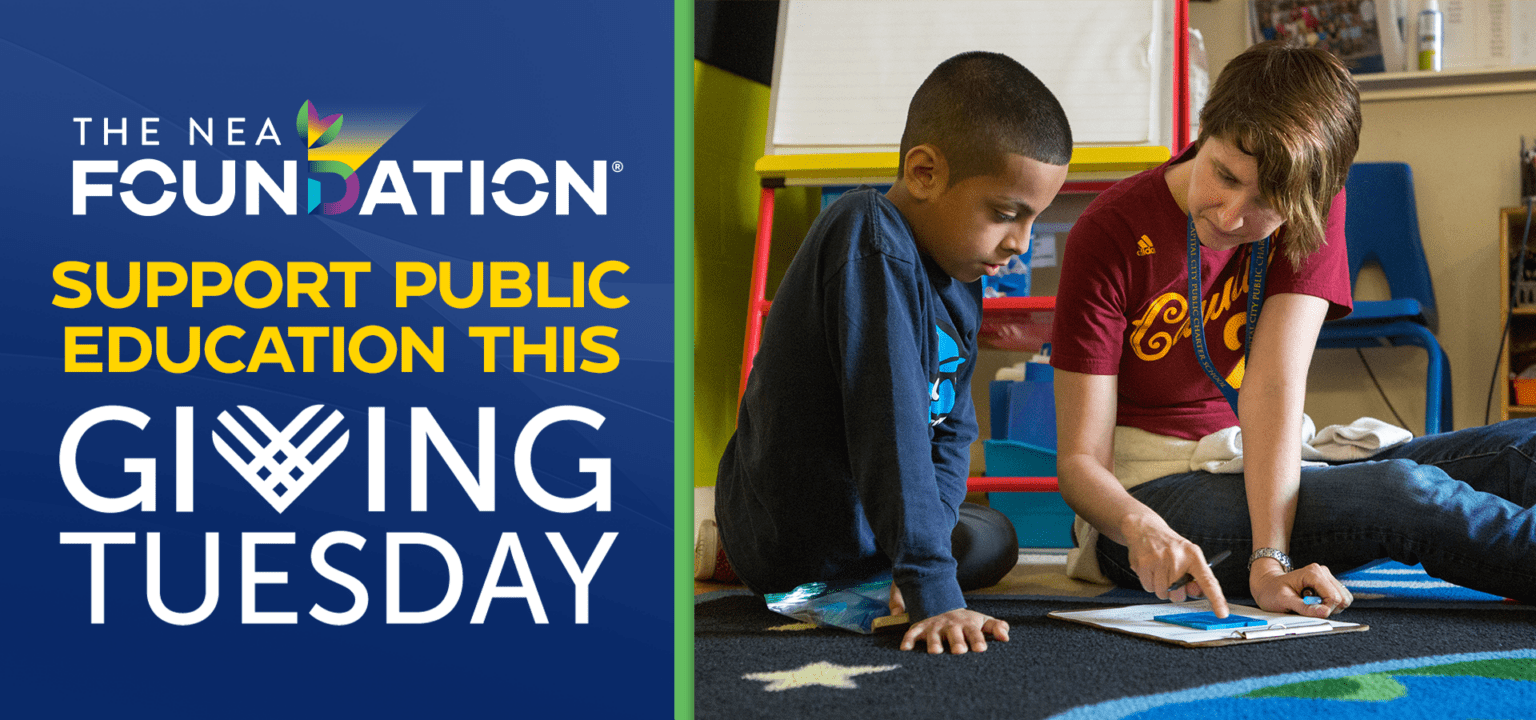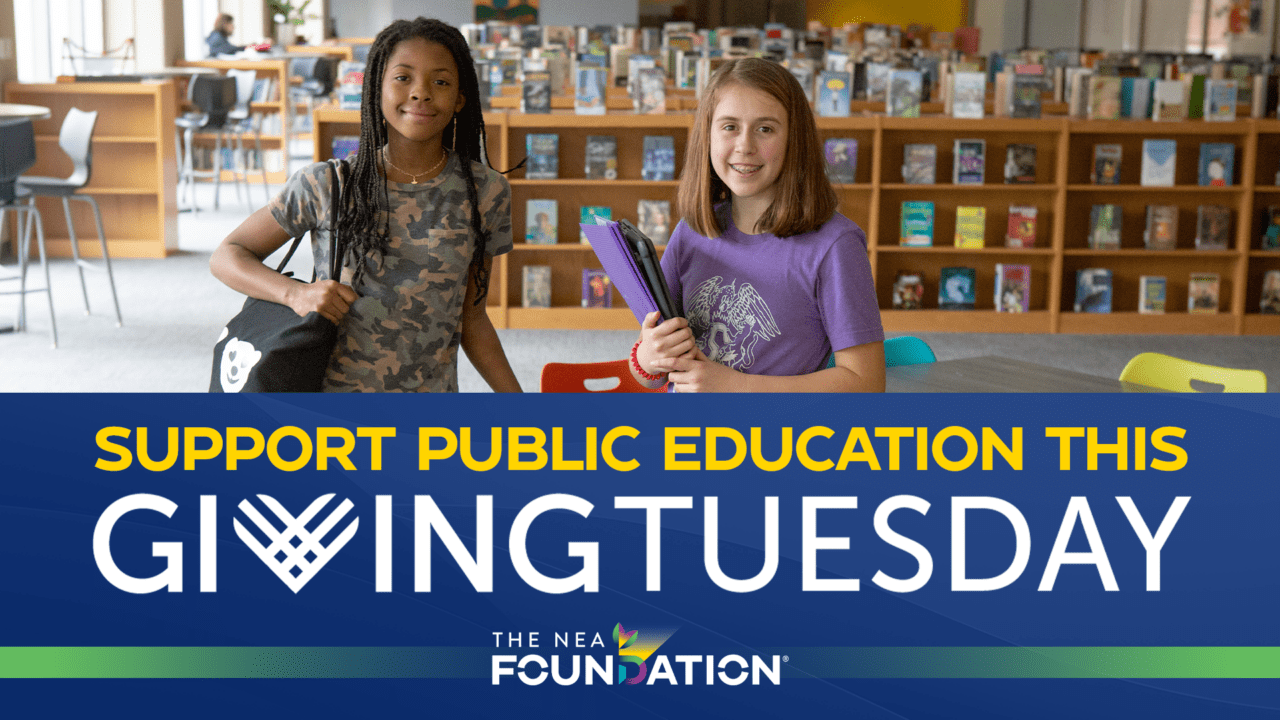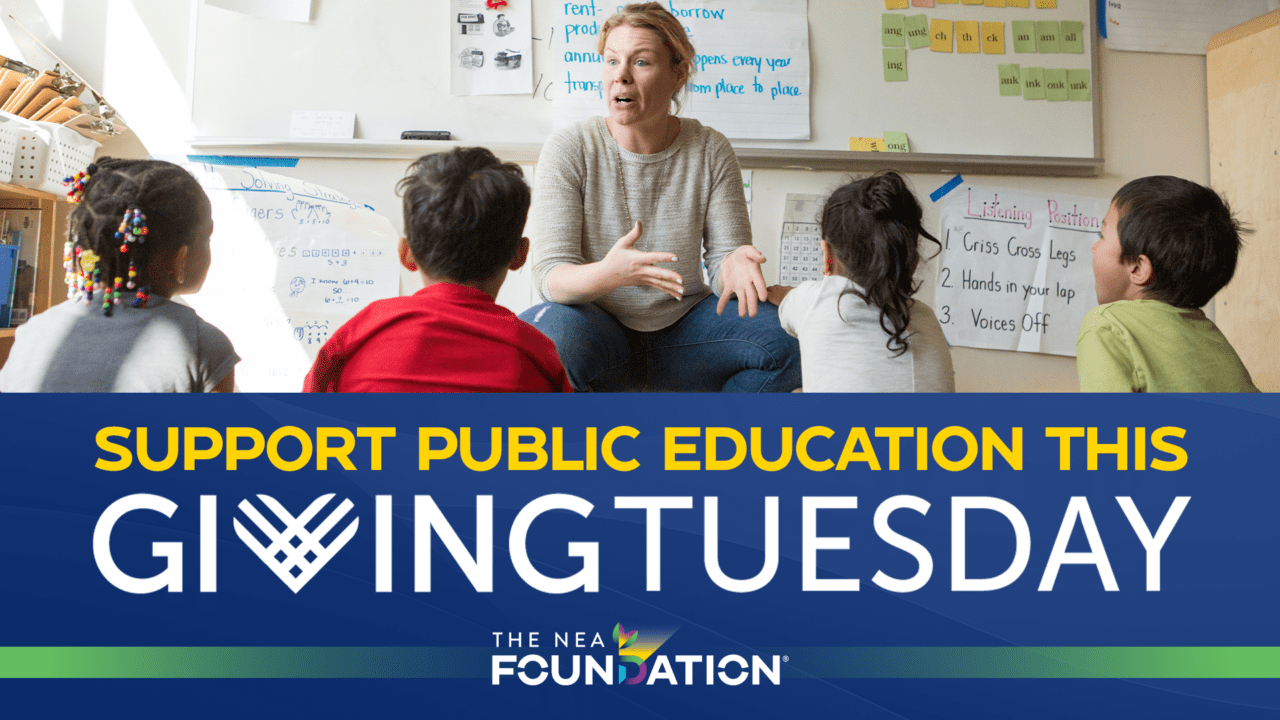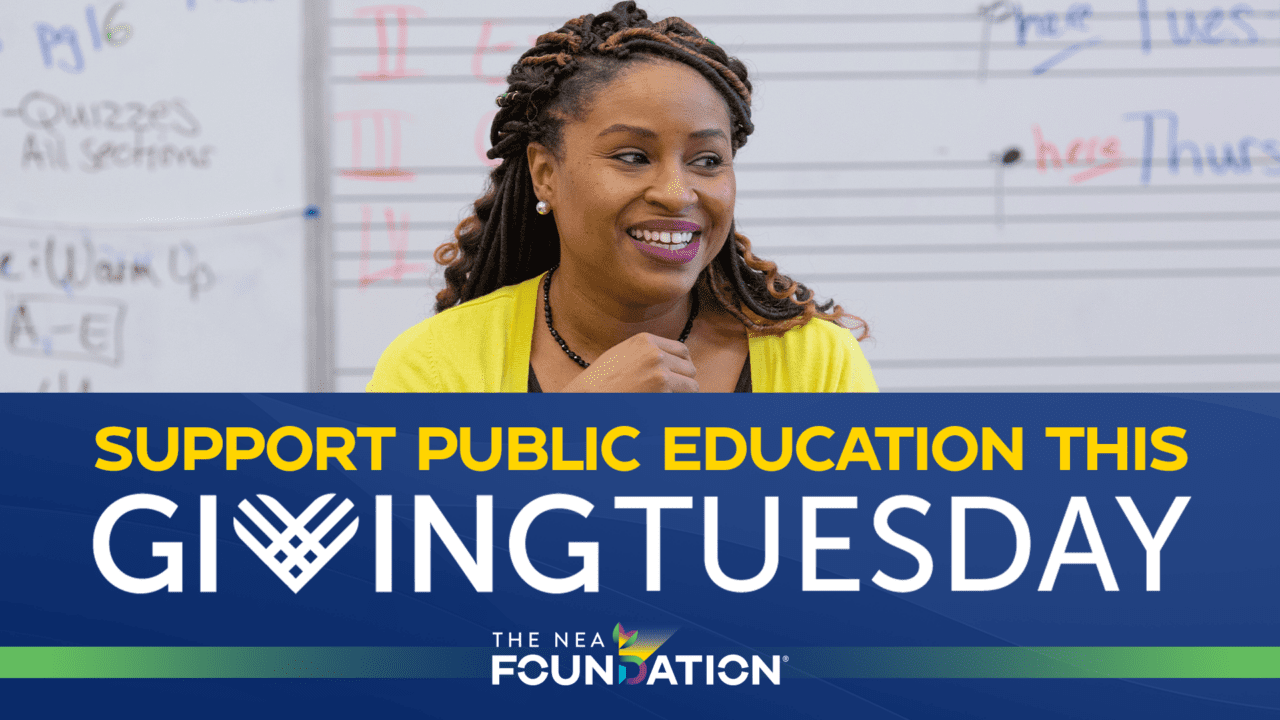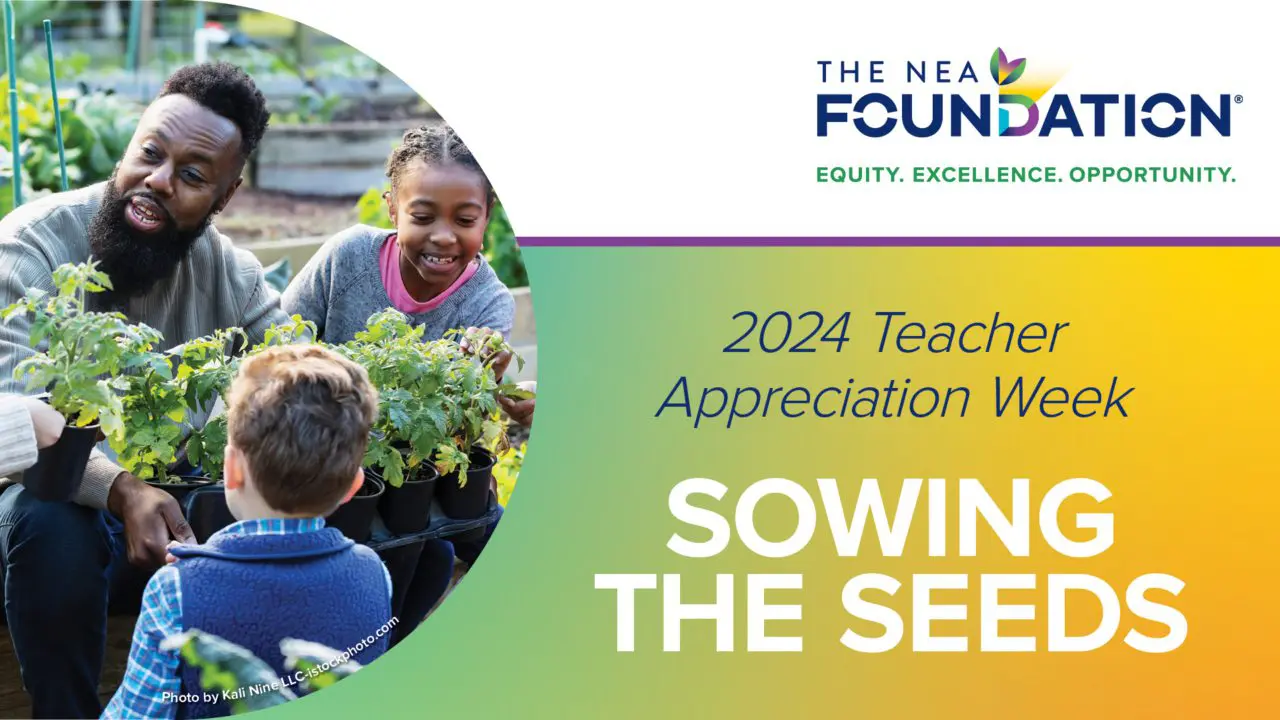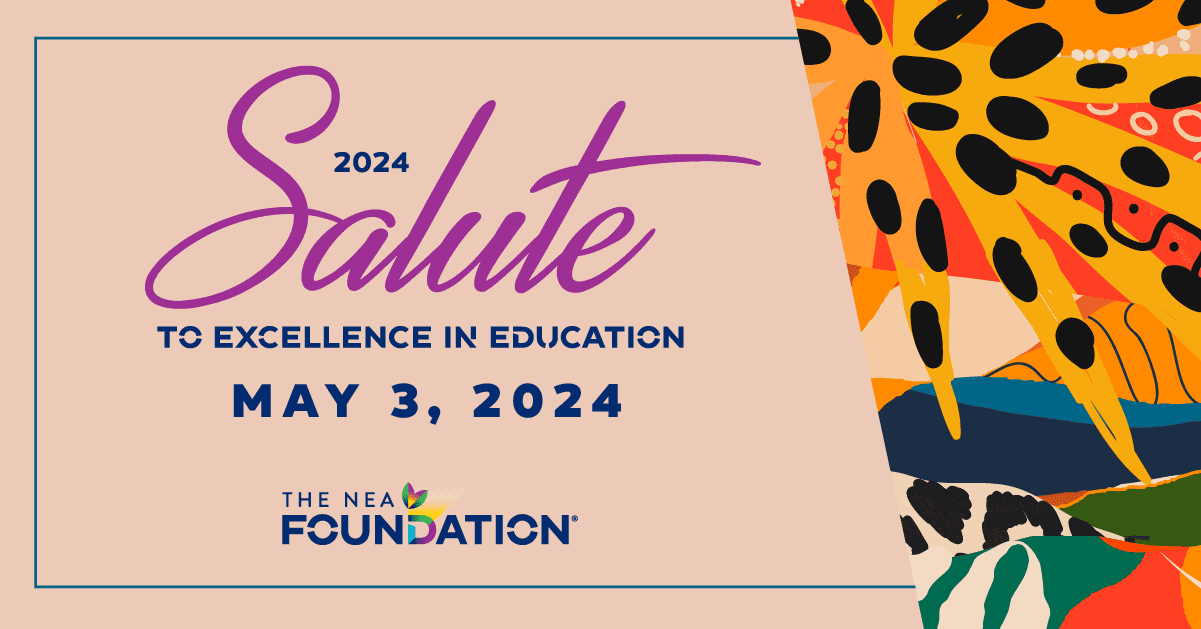Knock, knock.
Do you hear that? That’s the world knocking! Global citizenship is something we cannot opt out of or ignore. The daily reminders of global health, global safety and security, global warming, and global economic impact reach into every meter of the earth and affect all beings on this planet. Social media has increased indirect exposure to these ever-present issues and direct experiences are more frequent, too. The COVID-19 pandemic, refugee populations, altered weather patterns, and higher fuel prices have touched many people where they live. It has become increasingly evident that we are all connected and that we had better develop the skills needed to engage with and improve our world.
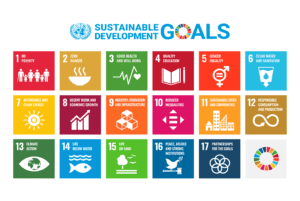
“Globalization requires a new emphasis on global citizenship education. This means helping students understand and appreciate human rights and shared global challenges thus becoming engaged citizens. To do this well, purposeful and high-quality global citizenship curriculum is essential.” –Fernando M. Reimers, Introduction to Empowering Students to Improve the World in Sixty Lessons
So, you’re probably thinking where do I even start? As part of the 2022 NEA Foundation Global Learning Fellowship, I had the opportunity to work with educators from across the United States and to learn from thought leaders in the field of global education. As we grew in our understanding through professional development and experiences, we created lessons and units to share with educators that have multiple entry points across content areas, contexts, and proficiencies.
The “Global Competency in Multiple Settings” site provides lessons, units, and activities to engage all learners in the exploration of empathy, understanding, and cultural responsibility with a focus on the United Nations Sustainable Development Goals (SDGs). Highlights include:
- An escape room, provided by Arkansas gifted education coordinator Brenda Rush. This interactive activity introduces the UN Sustainable Development Goals in an accessible and memorable way for maximum engagement.
- Go “glocal” with a place-based learning unit, which I created. These lessons use the 5 Es framework (Engage, Explore, Explain, Elaborate, and Evaluate) to introduce the SDGs and apply global competencies in the local context. Project-based learning activities include a community walk.
- Cultural responsibility meets gamification in the Bafa Bafa game and activity outline shared by Blayne Matty, a gifted education specialist from Maine. Use her resources to get beyond the tip of the cultural iceberg and build learner proficiency across a continuum of cultural dimensions.
- Increase empathy, understanding, self, and cultural awareness through mental health-connected resources provided by Maryland counselor Belvey Russ. She outlines ideas and activities to increase global competencies through “Culture in the Counseling Office.”
This collective of resources demonstrates that educators, no matter the subject they teach, can introduce global citizenship across multiple contexts. We hope that you bring the world to your classroom or job role by utilizing these activities to increase awareness of the United Nations SDGs and support students in their journey to transform our world.
If you’d like to work with a national cohort of educator peers to grow your own global expertise, then apply to become a 2024 NEA Foundation Global Learning fellow! Visit here to learn more and submit your application before April 1, 2023.
Kecia McDonald is a K-12 English Learner Resource Educator at West Hawaii Complex Area in Kailua Kona, Hawaii. She is a member of the 2022 Global Learning Fellowship cohort.

